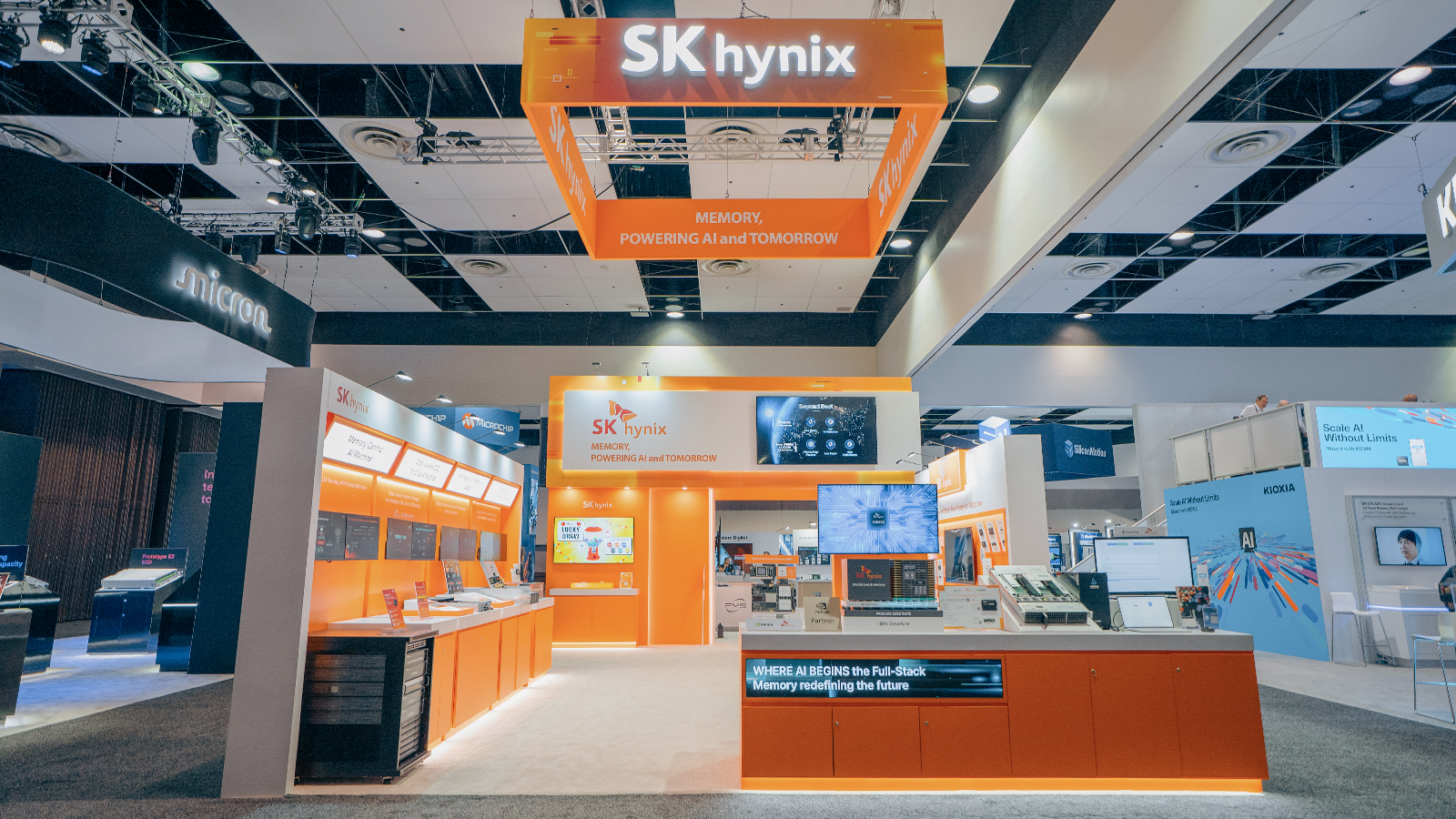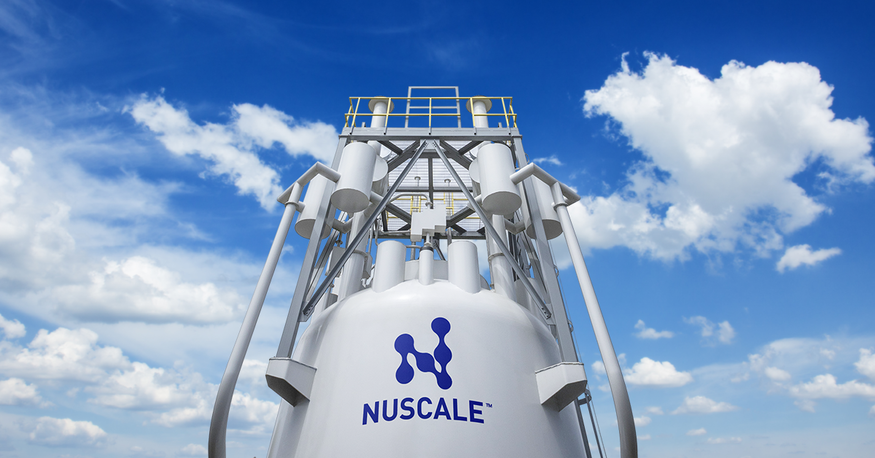
Hyundai Motor Group’s electric vehicle (EV) exports to the United States have sharply declined, falling 88% in the first five months of 2025 compared to the same period last year. The steep drop is largely attributed to sluggish local production and disappointing sales performance.
According to data from the Korea Automobile & Mobility Association (KAMA), Hyundai and Kia shipped only 7,156 EVs to the U.S. between January and May, down from 59,705 units during the same period in 2024. This marks the lowest export volume in recent years, excluding 2021 when Hyundai first accelerated its electrification efforts.
Hyundai has invested heavily in U.S.-based production facilities, including the recent opening of the Hyundai Motor Group Metaplant America (HMGMA) in Georgia. In the first half of the year, Hyundai produced nearly 29,000 Ioniq 5 units and over 4,000 Ioniq 9s at the new plant. Kia also ramped up local production with roughly 7,400 units each of the EV6 and EV9 manufactured stateside.
Despite these efforts, sales in the U.S. market have failed to meet expectations. Wards Intelligence reports that Hyundai and Kia sold 44,555 EVs in the U.S. during the first half of 2025—a 28% decline compared to the prior year—while the overall U.S. EV market grew 5.2%.
Hyundai’s EV exports, including the Genesis brand, dropped 87% to 3,906 units, and Kia’s exports fell 89% to 3,250 units. This downturn comes amid broader concerns over the sustainability of Hyundai’s EV strategy in the U.S., especially as the electric vehicle tax credits under the “One Big Beautiful Buy American” Act (OBBBA) are set to expire at the end of September.
Industry experts warn that the expiration of these tax credits could further depress sales, with the Korea Economic Research Institute projecting a potential drop of nearly 46,000 EV sales for Hyundai in the U.S., representing an estimated revenue loss of $1.955 billion.
The decline in exports and sales is fueling concerns about the health of South Korea’s domestic EV production ecosystem. The U.S. market accounted for 36% of Hyundai Motor Group’s global EV exports last year.
The situation has also impacted production schedules at Hyundai’s home base. The automaker temporarily halted operations at Line 12 of its Ulsan Plant 1—which produces the Ioniq 5 and Kona EV—from July 16 to 21, marking the fifth such stoppage this year.
Automotive industry insiders note that many Korean parts suppliers invested heavily in EV facilities expecting export growth, but now face difficulties recovering their investments. “Those without a footprint in the U.S. market are especially vulnerable,” one supplier said. Another added, “We ramped up R&D and hiring ahead of the EV transition, but demand stagnation and falling exports are making the situation tough.”
As Hyundai Motor Group navigates these headwinds, the future of its EV export strategy and domestic production base remains uncertain.
















